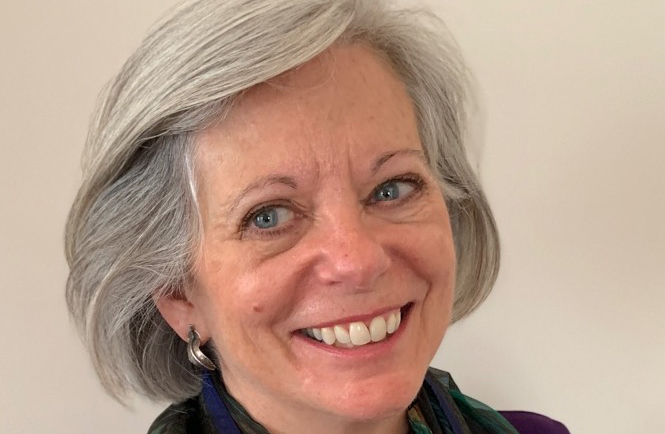Webinar Provides Strategies for Reducing Vaccine Hesitancy

According to public health practitioners, reaching “herd immunity”—when enough of a given population is immune to a disease that the disease is unlikely to spread further—depends on overcoming public hesitancy to receiving a vaccination against that disease. In the case of COVID-19, that’s the current goal.

Dr. Cynthia B. Sosnowski, an instructor in WilmU’s Doctor of Social Science in Prevention Science program, recently presented an hour-long webinar titled “Communication Strategies to Increase Covid-19 Vaccination Acceptance Among Communities of Color.” Offered to healthcare professionals associated with long-term and chronic care facilities in the Mid-Atlantic region, the webinar was sponsored by the Medstar Institute for Quality and Safety, a Columbia, Maryland-based medical education organization.
Dr. Sosnowski says it’s important for people in the medical community to understand the origins of vaccine hesitancy among people of color in order to accurately and respectfully address the issue.
Because people of color have suffered from past abuses at the hands of the medical system, there is resistance to trusting the vaccine, Dr. Sosnowski says. Vaccine hesitancy even extends to people of color who work as frontline health care providers.
In her webinar, she educated healthcare professionals on ways to provide patients and staff with information that can help them to overcome vaccine hesitancy. “People want information from their medical professionals, not from a politician or a celebrity,” she says.
Engaging professionals and community leaders to make a difference is at the heart of the Doctor of Social Science in Prevention Science program, says Dr. Sosnowski. “Listen to concerns respectfully, empathize, and recognize that the hesitancy is valid. Then you are better able to address why it’s important to be vaccinated.”



